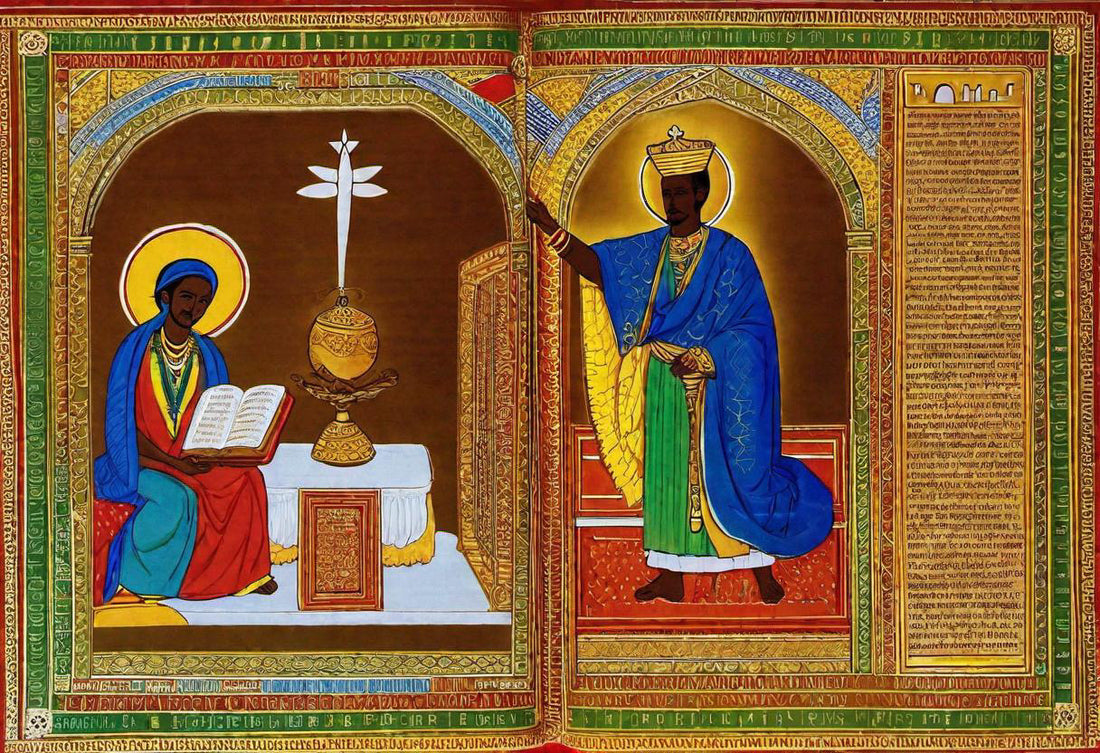In a world full of misconceptions and historical inaccuracies, it's essential to set the record straight. One prevalent misconception is the notion that Christianity was forced upon African communities by white nationalists during the colonial era. However, as we delve into history, we uncover a fascinating truth - Christianity's presence in Africa predates its arrival in Europe. In this blog post, we will unravel the misconceptions surrounding the spread of Christianity in Africa and shed light on its early roots on the continent.
Christianity in Africa: A Historical Reality: Contrary to the widely held belief that Christianity's presence in Africa was solely a result of colonialism, historical evidence points in a different direction. The assertion that white nationalists pushed Christianity onto African communities oversimplifies a complex historical narrative. Christianity, in fact, had established itself in Africa long before the colonial era. Records show that the Ethiopian Bible, for instance, is older than the King James Bible, a testament to the deep-rooted history of Christianity in the region.
African Roots of Christianity: It might come as a surprise to many that Christianity's presence in Africa is not a recent phenomenon. Ancient manuscripts and archaeological findings provide substantial evidence that Christianity was present on the African continent well before it reached Europe. These historical artifacts point to the existence of early Christian communities in Africa, showcasing a dynamic and vibrant spiritual landscape that predated colonial influences.
Dispelling the Myth of Forced Conversion: The argument that colonialism forcibly introduced Christianity to Africa is an oversimplification that disregards the nuanced dynamics at play. Rather than being imposed upon unwilling populations, Christianity resonated with certain values that were already aligned with African communities' beliefs and cultural practices. This resonance contributed to the voluntary adoption of the Christian faith by many Africans.
Christianity: Beyond a European Religion: The misconception that Christianity is exclusively a European religion needs to be corrected. The truth is that Christianity originated in the Middle East and quickly spread across various regions, including Africa. Labeling it solely as a European religion overlooks the global nature of Christianity's expansion and its profound impact on diverse societies worldwide.
Conclusion: In conclusion, it is crucial to separate fact from fiction when discussing the spread of Christianity in Africa. The narrative that white nationalists solely pushed Christianity onto African communities is an oversimplification that fails to capture the richness of history. The deep-rooted presence of Christianity in Africa, predating European colonialism, challenges the notion of forced conversion and highlights the complex interplay of cultural, spiritual, and societal factors that shaped its adoption. Understanding this historical context allows us to appreciate the diverse tapestry of Christianity's journey across the globe.




























